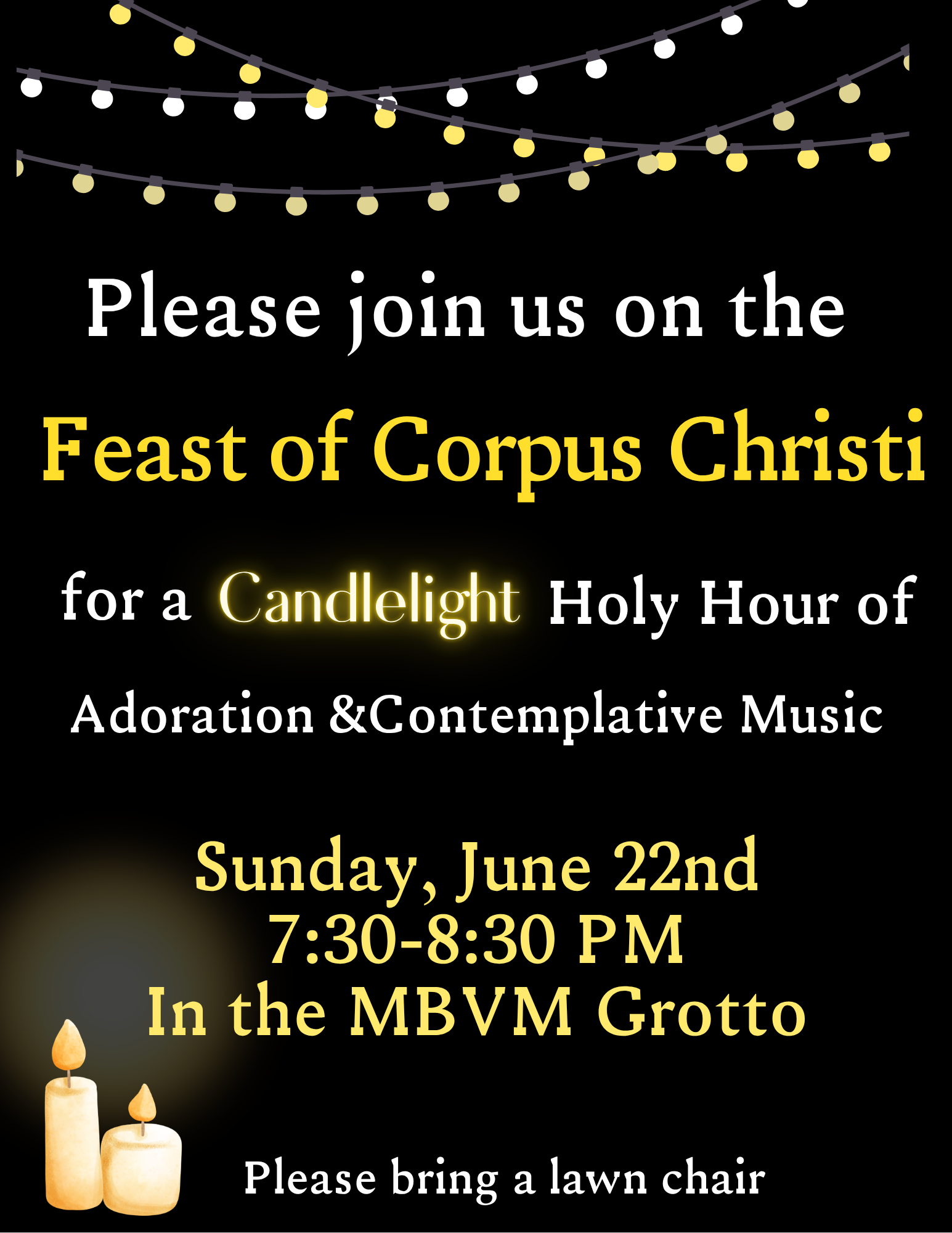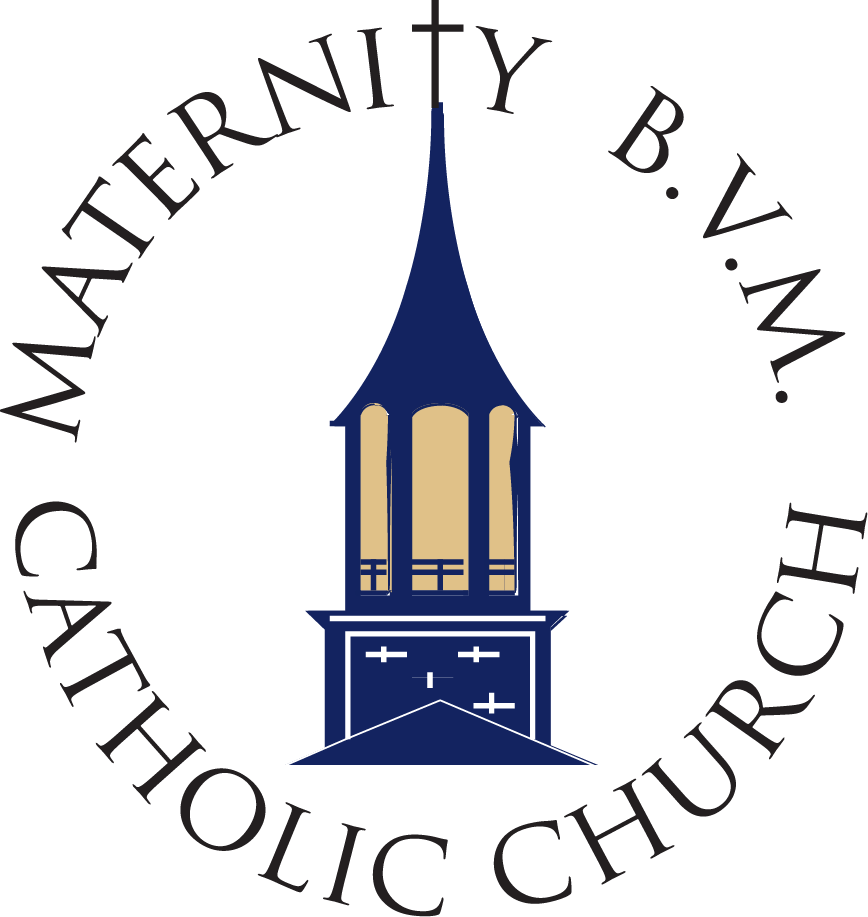corpus christi

The Meaning and Celebration of Corpus Christi in the Catholic Church
Corpus Christi, Latin for "Body of Christ," is a solemn feast in the Catholic Church that celebrates the real presence of Jesus Christ in the Eucharist. It is officially known as the Solemnity of the Most Holy Body and Blood of Christ and is observed on the Thursday after Trinity Sunday, or the following Sunday in places where it is not a holy day of obligation.
Origins and Significance
The feast of Corpus Christi was established in the 13th century, largely due to the efforts of St. Juliana of Liège, a medieval nun who had visions emphasizing the importance of honoring the Eucharist. Pope Urban IV officially instituted the feast in 1264, recognizing the Eucharistic Miracle of Bolsena, where a consecrated host reportedly bled during Mass. The celebration highlights the Catholic belief in transubstantiation, the doctrine that the bread and wine become the actual Body and Blood of Christ during the Mass.
How Catholics Celebrate Corpus Christi
Corpus Christi is marked by various traditions that emphasize reverence for the Eucharist:
- Holy Mass and Eucharistic Adoration – Catholics attend a special Mass dedicated to the feast, focusing on the significance of the Eucharist in their faith.
- Eucharistic Processions – One of the most distinctive aspects of Corpus Christi is the public procession of the Blessed Sacrament. The consecrated host is displayed in a monstrance and carried through the streets, accompanied by prayers, hymns, and sometimes flower petals scattered along the path.
- Benediction and Devotions – Many churches hold Eucharistic Benediction, where the priest blesses the congregation with the Blessed Sacrament.
- Community Celebrations – In some countries, Corpus Christi is a public holiday, and festivities include parades, traditional dances, and cultural events.
How Christians Can Participate
While Corpus Christi is primarily a Catholic feast, Christians of various denominations can reflect on the significance of the Eucharist in their faith. Ways to celebrate include:
- Attending Mass or a Communion service to deepen their understanding of Christ’s presence.
- Engaging in prayer and reflection on the meaning of the Eucharist.
- Joining a Eucharistic procession to publicly express their faith.
- Reading Scripture related to the Last Supper and Christ’s sacrifice.
Corpus Christi serves as a powerful reminder of Christ’s love and sacrifice, inviting believers to renew their devotion to the Eucharist and live out their faith with reverence and joy. Whether through solemn worship or vibrant community celebrations, the feast continues to be a cherished tradition in the Catholic Church.

